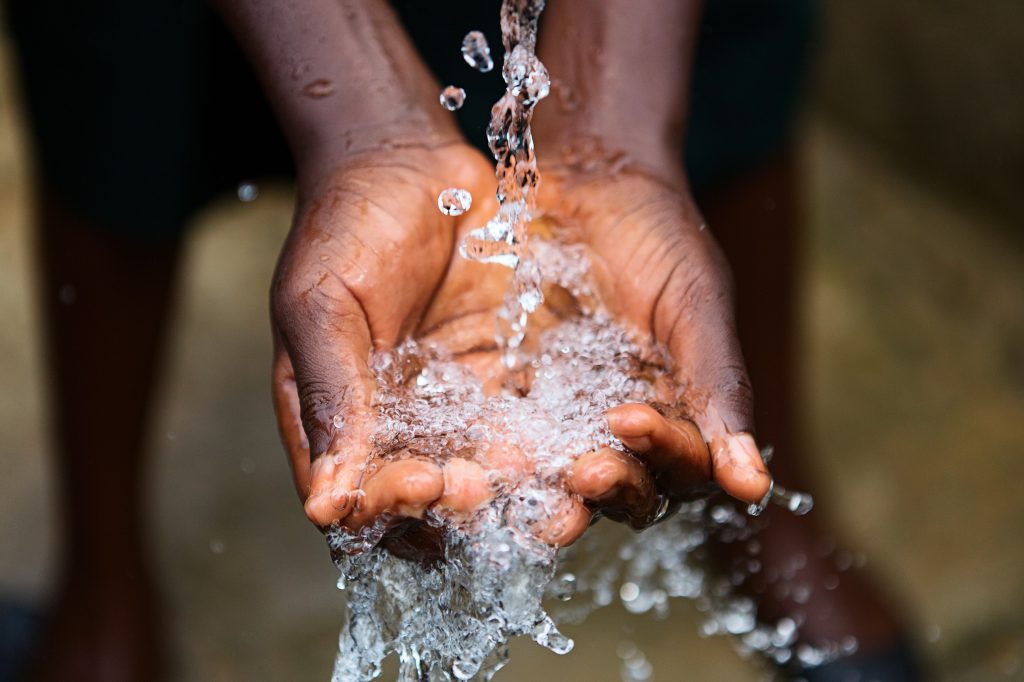
World Water Day 2019: Access to safe water still a challenge

Water is essential for survival and as such, it sits at the heart of many of the greatest challenges facing humanity. World Water Day 2019, like the many before it, is focused on solving the water crisis. This year, organizers are addressing the reasons why so many people are being left behind when it comes to water access hence the theme of this year’s observance, “Leave No One Behind”.
The United Nations’ Sustainable Development Goal (SDG) Goal number 6; clearly states the goal of “water for all by 2030”. However, access to safe and clean water sources and sanitization is still a work in progress for numerous countries worldwide with billions unable to access and manage the safe water they need.

Speaking exclusively to CGTN, Water analyst, Geoffrey Kalebbo expresses concern over the dire water situation in the continent.
“The causes of people been left behind are multidimensional, the world is waking up to the reality of climate change having its effects”, says Kalebo. “And for us to realize the other SDGs water forms the main basis. We need water to end hunger, we need water for better healthcare, we need water to fight poverty and this are all things that we need to focus on even as we celebrate world water day”.
In developing countries, as much as 80% of illnesses are linked to poor water and sanitation conditions, and 2.4 billion people worldwide lack access to a toilet.
“It is a sad state of affairs that only three out of five rural residents in Africa have access to at least a basic water supply and only one in five have access to at least basic sanitation,” says Kalebbo. “Women particularly are subjectable to a considerable amount of time collecting water and these are the reasons why policies need to be cascaded to the ground level and involve the community”.

More than half of the global population growth between now and 2050 is expected to occur in Africa.
The United Nations says of the additional 2.4 billion people projected to be added to the global population between 2015 and 2050, 1.3 billion will be added in Africa and the difficulties African cities currently face in providing sustainable water services will be further exacerbated.
Providing this growing population with access to improved water and sanitation services, however, is not the only challenge for Africa, as the demands for energy, food, jobs, healthcare and education will also increase.
Kalebbo says the world needs really to think deeply about Africa as it is the most affected. He suggests implementing nature-based solutions such as watersheds or drainage basins to collect rainwater runoff. That runoff could then be funneled into rivers or lakes that serve as water sources for Africa’s growing cities.






